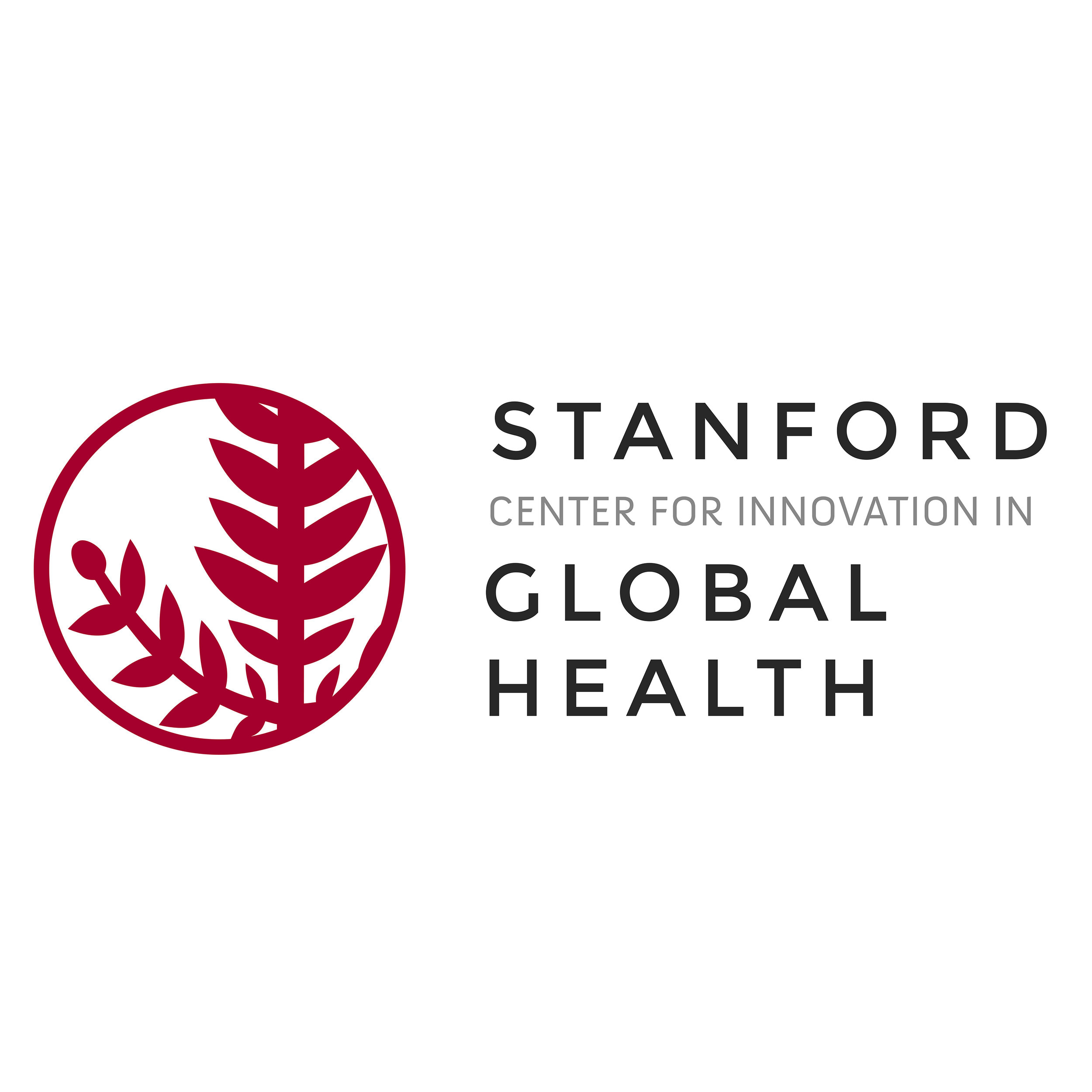Stanford University Joins AMPATH Consortium
The AMPATH partnership welcomes Stanford University as the newest member of the AMPATH Consortium of North American academic health centers.
The team from Stanford is already building connections with the family medicine team working in Webuye, Kenya, and looking forward to increased faculty and trainee engagement.
“Stanford is a welcome addition to our partnership and obviously brings expertise that will enhance our work. We anticipate that their involvement will provide mutual benefit for our team in Kenya and their team in California,” said Robert Einterz, MD, executive director of the AMPATH Consortium and one of the founding Indiana University physicians who formed the initial partnership in Kenya with Moi University and Moi Teaching and Referral Hospital in 1989.
Under the leadership of Michele Barry, MD, FACP, Sr. Associate Dean for Global Health, Stanford’s Center for Innovation in Global Health shares knowledge, equips leaders and builds teams to address urgent global health challenges and achieve health equity. This partnership offers a unique opportunity for Stanford faculty and residents to become involved in patient care, medical education, chronic disease management and population health. Exchange and training opportunities for the Kenyan trainees and faculty are also anticipated.
Sang-ick Chang, MD, MPH, Stanford Primary Care and Population Health division chief, initiated Stanford’s partnership with AMPATH after spending part of his 2018 sabbatical with the AMPATH team in Eldoret and Webuye. During this time he learned about the AMPATH partnership’s 30-year history in the region and the major strides the collaborating partners have made in medical education, HIV care and chronic disease management. Dr. Chang saw this as an excellent opportunity for Stanford to engage in an effective collaboration that focuses on patient outcomes, medical training and research to further inform patient care.
The team from Stanford has already begun forming partnership at the AMPATH Centre in Webuye, Kenya.
Chang added that the work of the AMPATH partnership to spread healthcare in poor rural communities is closely aligned with the mission and vision of his division. “To see what kind of fruit that kind of approach can bear in the impact on a community is pretty impressive and moving,” he said.
“What struck me about the program was how different it was than many other global health programs,” said Chang. “AMPATH’s commitment to developing deep and trusting relationships with local partners, working through and supporting them in authentic and humble ways, and doing that over a long period of time, takes a sincerity of intent and a humility that is hard to find and hard to sustain in modern academic life,” he continued.
Chang echoed Einterz’s sentiment that the partnership will provide mutual benefit. For example, he said artificial intelligence (AI) is one area where Stanford might be able to contribute in the future, noting that many faculty members are engaged with technology and AI startups looking to make radical leaps in quality, safety, and health using technology and AI. But, he also recognizes that there are many ways in which Kenyans and others in resource-limited settings are already using technology in much more creative ways due to necessity. “I think there will definitely be mutual learning. We can learn from the resourcefulness with which Kenyans have had to use the technology available to them. Then if we could bring some of our AI partners to solve local programs, that could be mutually beneficial,” Chang said.
Late last year Takudzwa Shumba, MD, MPH, a Stanford family medicine clinician, traveled to Western Kenya and worked to build connections with the family medicine team in Webuye. She will spend 2-3 months in Kenya each year involved in registrar (resident) teaching, patient care and population health research. Initially Stanford will not anchor a specific discipline but will work with existing teams from Brown University and others in population health and family medicine.
Grace Yu, MD, program director, and Daljeet Rai, MD, of the Stanford-O’Connor Family Medicine Residency, will visit the partnership this year and Baldeep Singh, MD, Stanford internal medicine, will explore opportunities for collaboration during a site visit in February 2020.
Involvement with the AMPATH partnership will also help Stanford identify, engage and recruit faculty and learners to be involved in global health. “There is no question in my mind that the current generation of faculty, students and residents all feel connected to and responsible for global health in a way that is different than prior generations because of how connected the world is and how easy it is to share information, experiences and solutions, and how stark the disparities still are in human health and opportunity across the globe,” Chang said, “We look forward to joining AMPATH’s vision to change that.”


